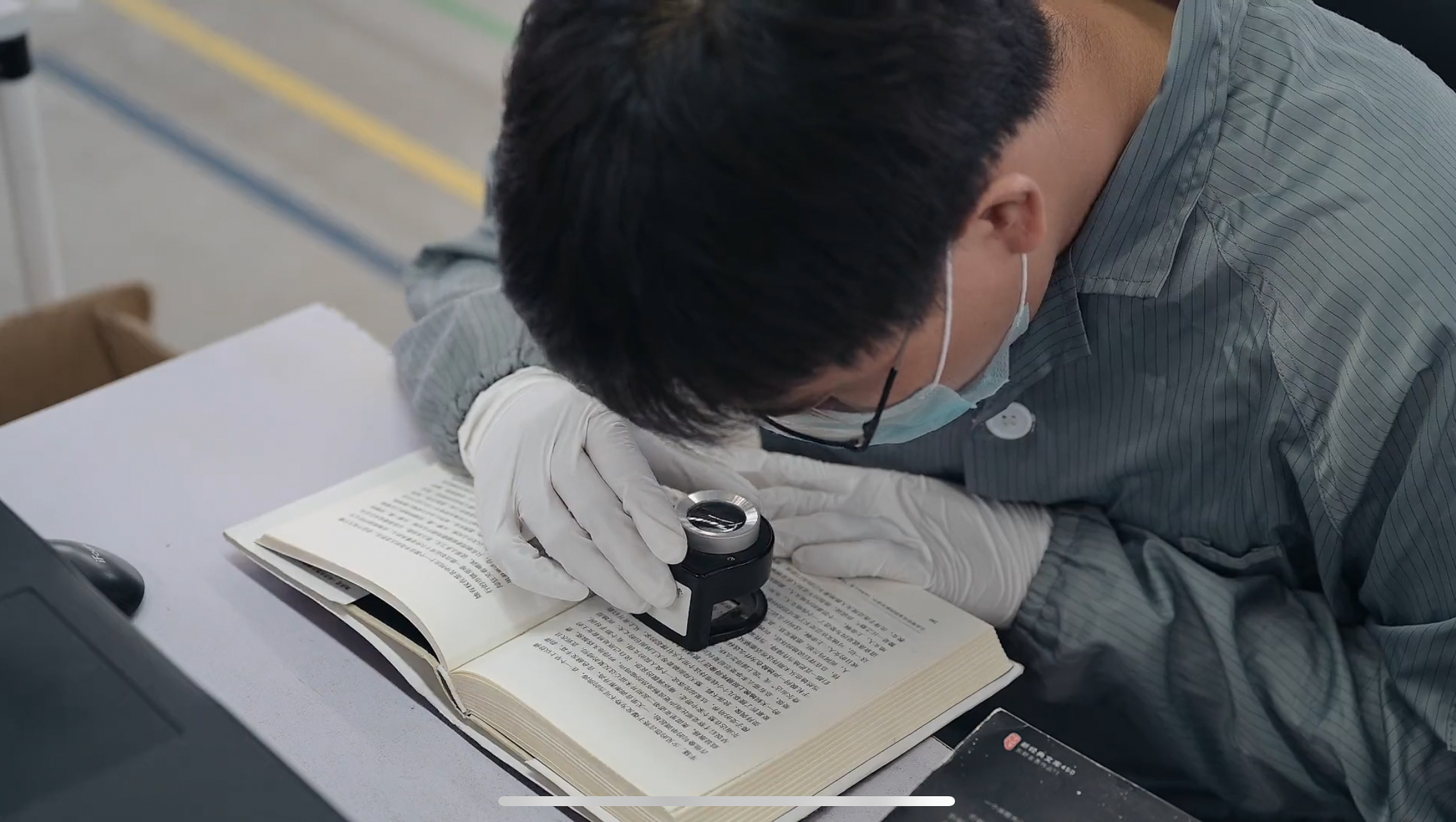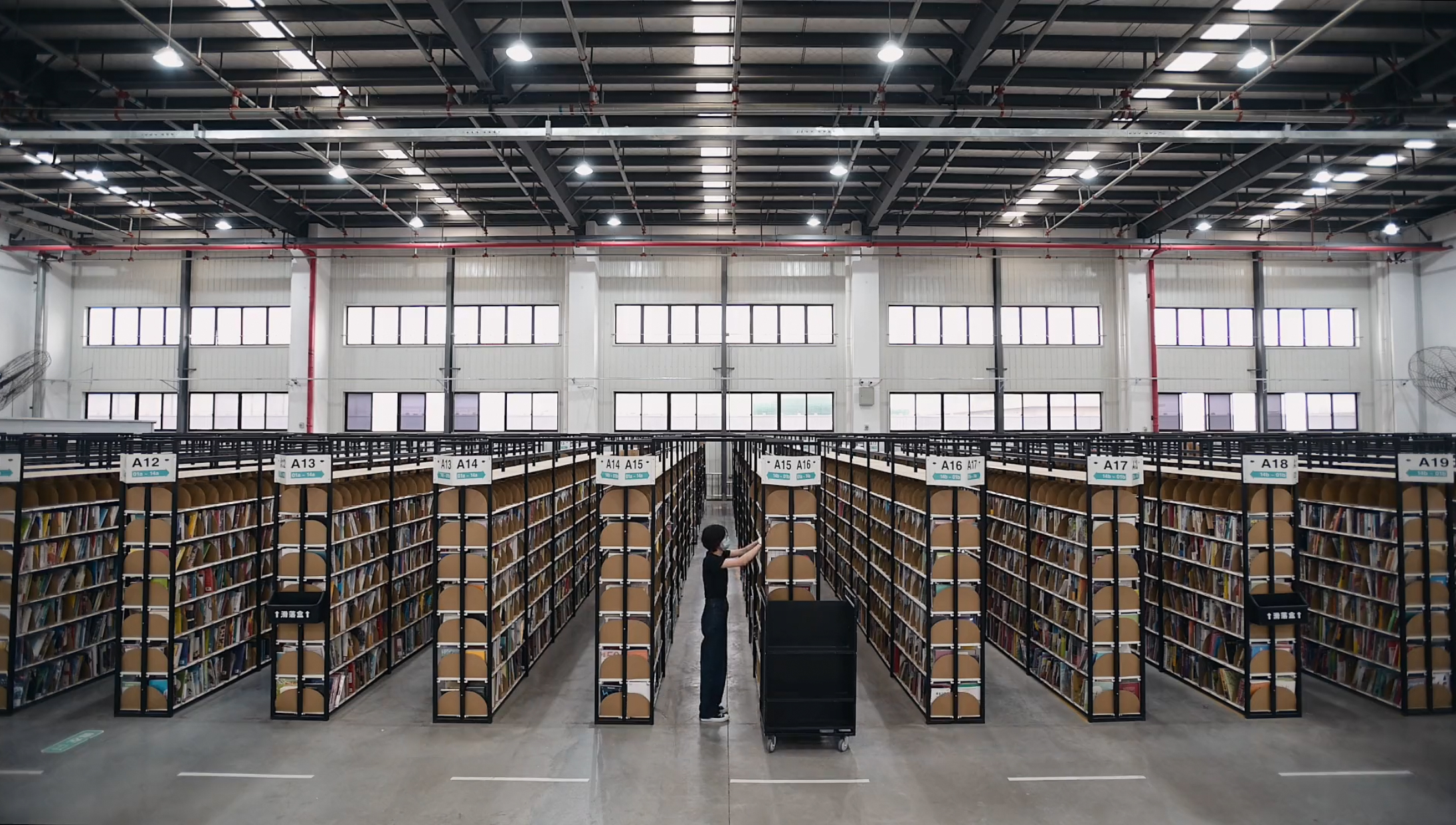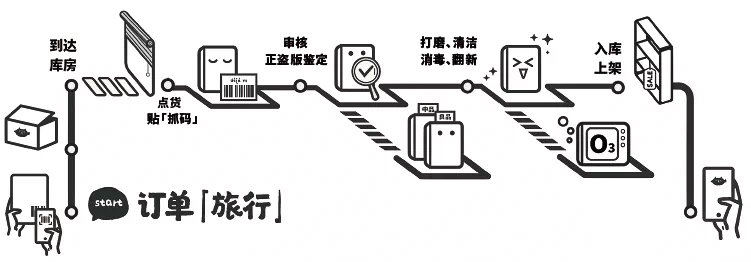An online second-hand book trading platform revives used books on shelves.
By Laurissa Liu in Tianjin
Holding the belief of “Good books are worth reading twice”, Wei Ying founded a second-hand book store as an applet in WeChat in May 2017. “The value of books is generated by reading and sharing,” Wei says.
The name of the book store, Duozhuayu, comes from a French word, Déjà vu, meaning the memory and feeling of familiarity. “Second-hand items often carry memories of owners that can be shared with our customers,” Wei says.
The store adopts algorithm models to operate their business. The number of users reached over two million in early 2019, and continues to grow at a rate of 2,000 to 3,000 a day. Over 11 million books were scanned on the platform. The store has also released an application for mobile phones and opened two physical stores in Beijing in October 2019, and recently in Shanghai in October 2020.
(Photo courtesy of Duozhuayu)
Wei had the idea of starting up a business back in 2015. She was inspired by BOOKOFF, the biggest second-hand bookstore in Japan.

Book owners who want to sell their books can scan ISBN code on book covers through the applet so that they can find out the estimated price of their books in the second-hand market, which is about 20 to 30 per cent of the market price. Courier then collects these books after an online appointment is made.
Collected books are then gathered at factories in Tianjin and Qingdao for checks and sterilization. All books will be wrapped in plastic before they are put on sale.
“The style of a bookstore is not determined by what it sells but what it does not sell,” says Li Chan, Operation Manager of the book store. The applet front page mostly features books about literature, history, philosophy and social science that are recommended by editors and users.
“We want to be recognized for offering service that features convenience, quality and humanity, not just low pricing,” Li says. The store has an algorithm model that keeps records of books being accepted and rejected. “As our database grows bigger, the data will be more accurate informing us readers’ preference,” Wei says.
“We want to be recognized for offering service that features convenience, quality and humanity, not just low pricing.”
“I want to build a business model that can stand against the test of time,” Wei adds.
A 73-year-old anonymous seller, who lives in Beijing, has been selling used books on the platform for two years. “I’m not good at using the internet but the store has helped me to sell my books,” he says in a letter to the bookstore.
“I began to lose my eyesight, but my children have no interest in reading. So, I need a channel to sell my books to those who love them,” he says. “Consumers always want to possess books, so they keep buying, but only knowledge and memories can last,” he adds.
Looking for a second-hand book online store which can help you pass on your used books? Search Duozhuayu in WeChat applet, download the app of the same name on your phone, or visit their stores in Beijing and Shanghai.
Edited by Lasley Lui, Regina Chen













































